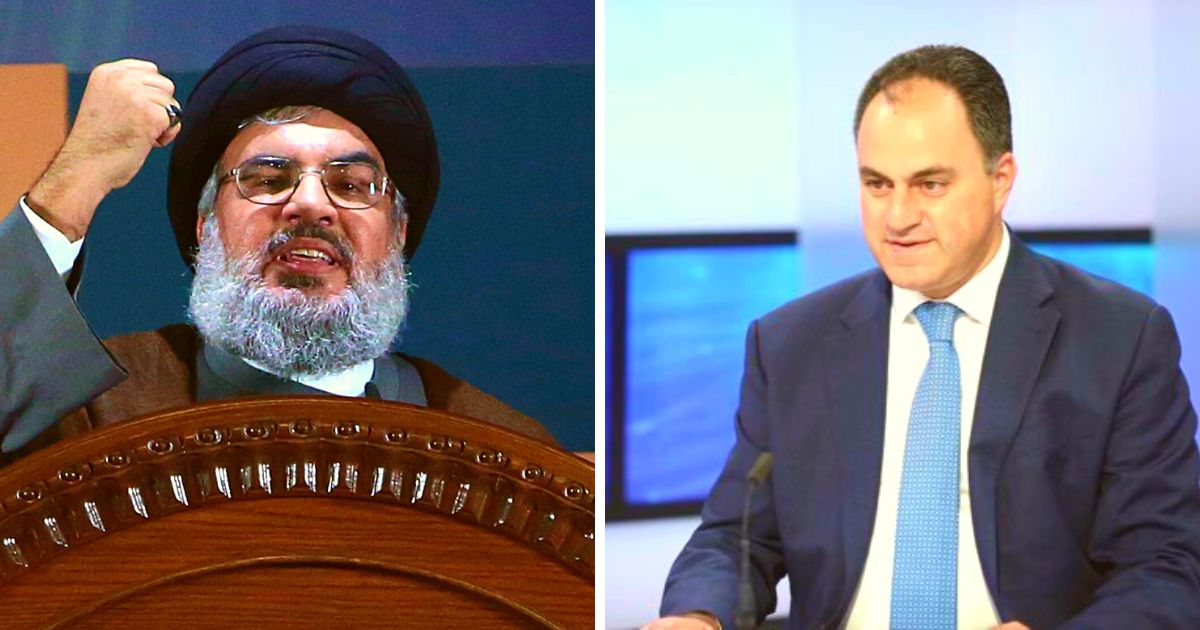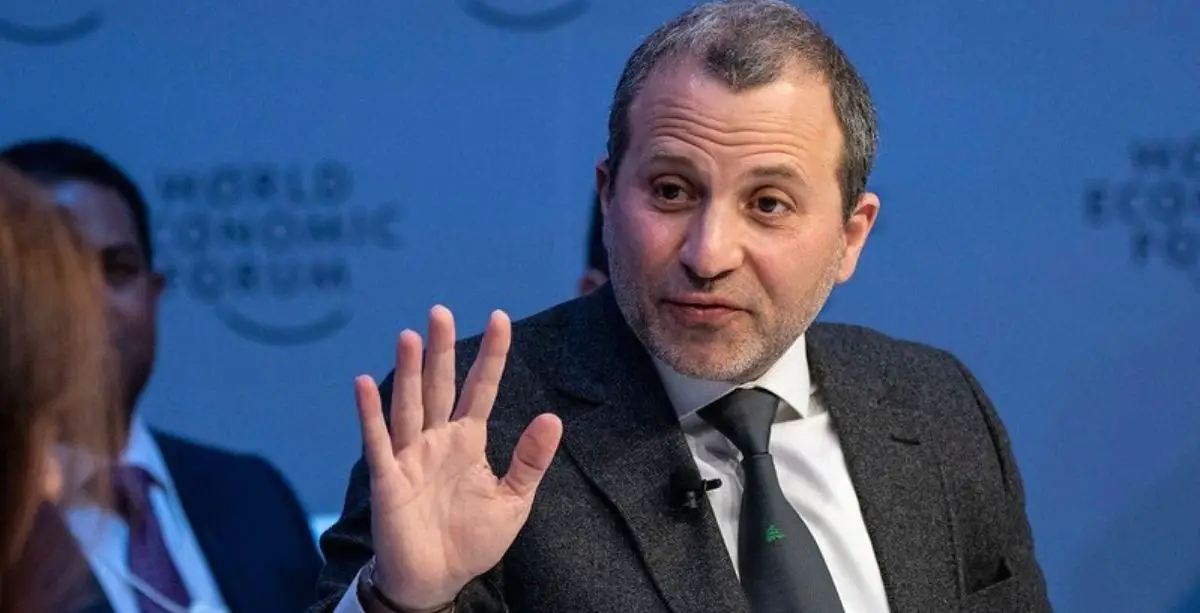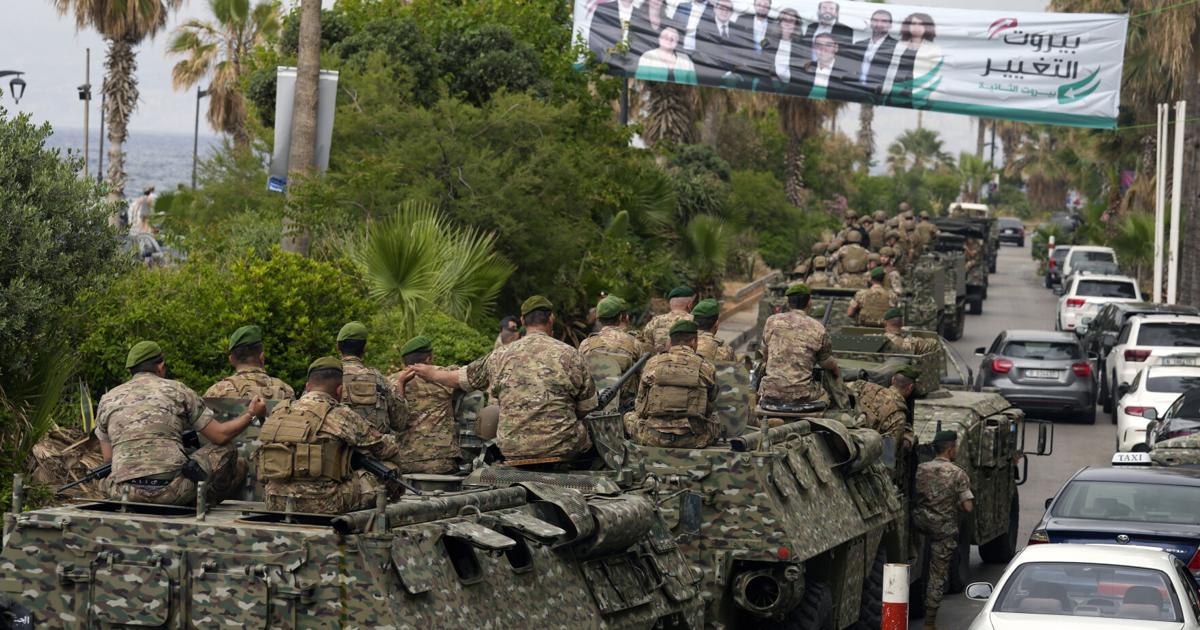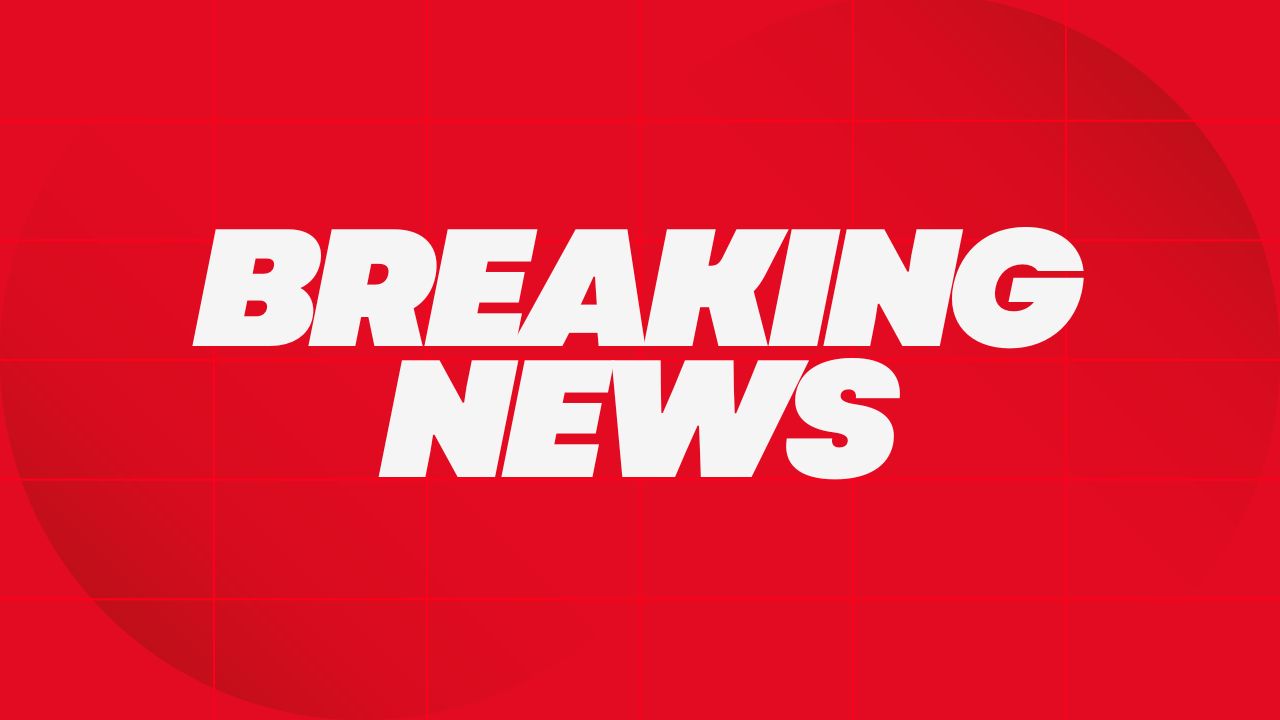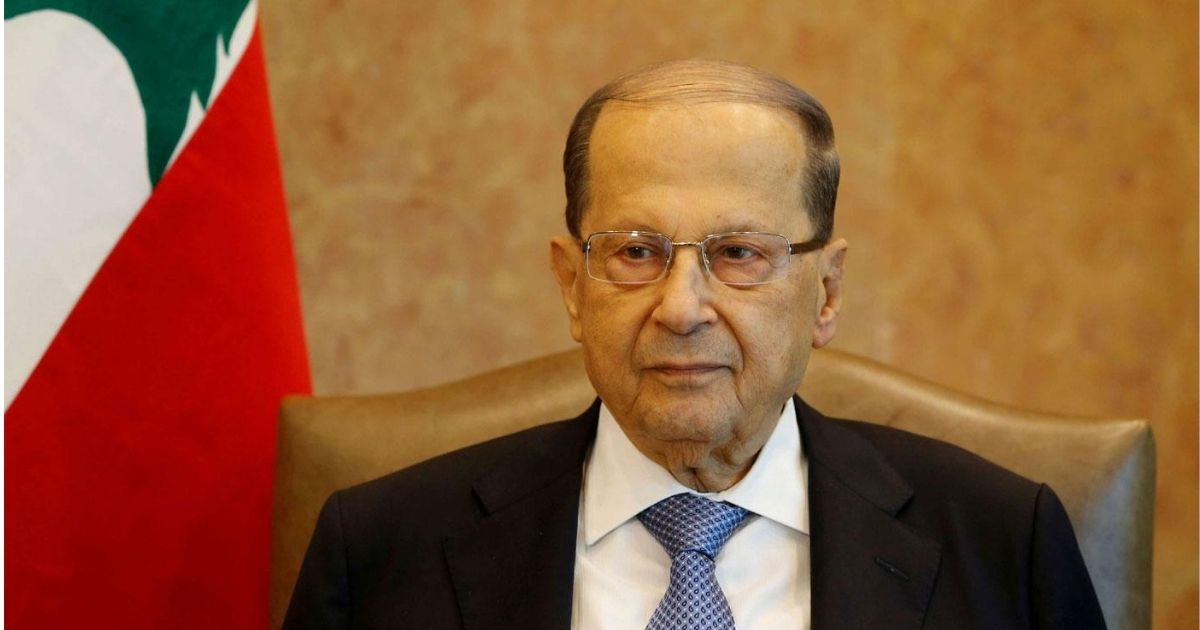“This country has a clear problem with its governance system,” said European Union’s foreign policy chief, Josep Borrell, during his recent visit to Lebanon.
In remarks following his meetings with Lebanese officials, including President Michel Aoun and Prime Minister-designate Saad Hariri, Borrell likened Lebanon to a ship that will sink in the storm without a captain and a crew.
He is not the first to use the sinking ship metaphor to describe Lebanon during this unprecedented crisis. At the helm of it all is a fight between politicians to secure power at the expense of the people and the country.
“It is clear it’s a fight for the distribution of power. I have to say there is also strong mistrust,” Borrell told reporters before leaving Beirut to report to EU foreign ministers.
Borrell’s visit is believed to have been the final effort to push for government formation before imposing sanctions on Lebanese officials. While Borrell said the EU would very much not like to resort to sanctions, it will be considered because Lebanon cannot stay like this, sinking in paralyzing crises.
He urged Lebanese politicians to put away their differences, form a government, and rescue their country from collapse or face impending sanctions.
Sanctions will catch up with the politicians who have paralyzed the country for their own interest to secure power.
Similarly, France is now considering joining the United States in sanctioning Gebran Bassil, a senior European official told Reuters.










